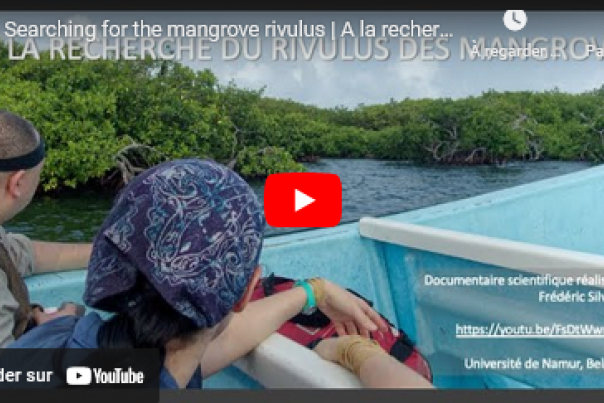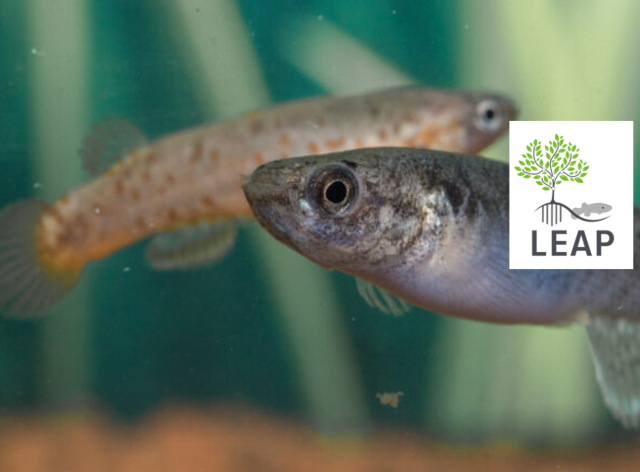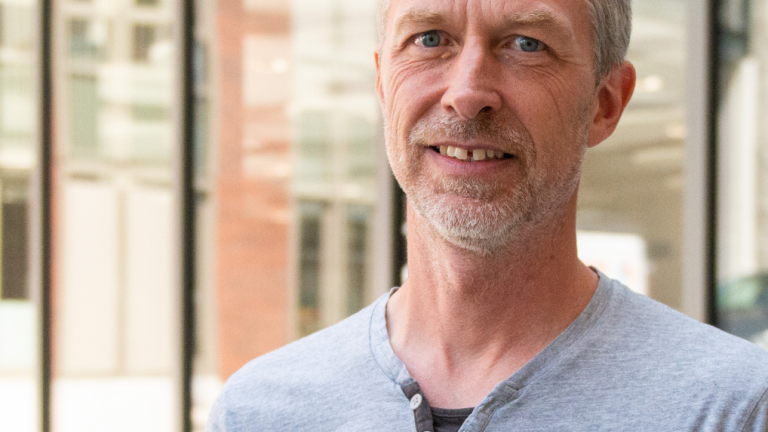The Laboratory of Evolutionary and Adaptive Physiology (LEAP) is directed by Professor Frédéric Silvestre. It is one of 4 laboratories belonging to the Environmental and Evolutionary Biology Research Unit (URBE) within the Biology Department. LEAP is also a member of the Institute of Life, Earth and Environment (ILEE).
Research is in the field of integrative, comparative and evolutionary physiology. We aim to study the impacts of environmental changes (pollution, temperature, salinity, etc.) on aquatic organisms at different levels: molecular, physiological, phenotypic.
Learn more about laboratory members, current research, collaborations, publications, ...
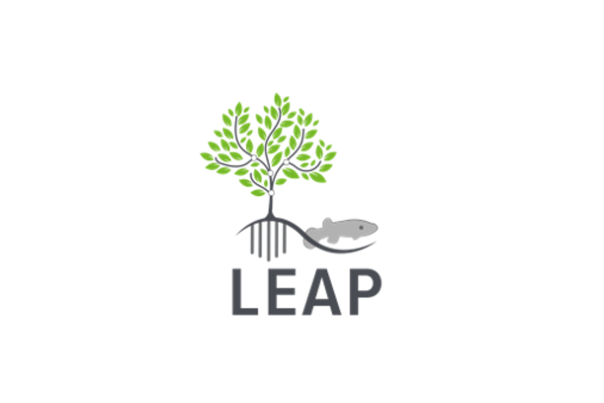
Developer (PI) | Frédéric Silvestre
- Professor at the University of Namur
- Responsible for the Laboratory of Evolutionary and Adaptive Physiology (LEAP)
- Member of the Institute of Life, Earth and Environment (ILEE).
- President of the Royal Zoological Society of Belgium
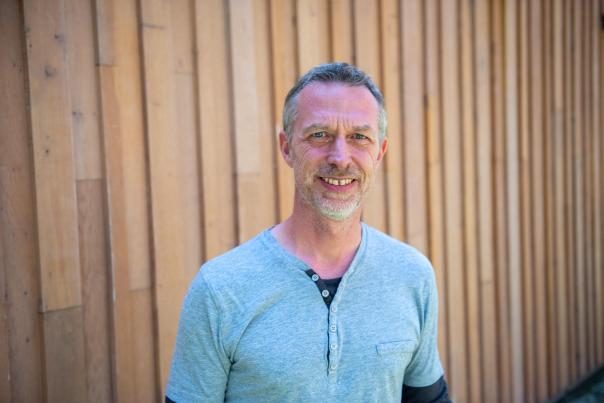
Contact
Research at LEAP
Various aquatic species are studied, with priority given to fish models. While we use the zebrafish as a common laboratory model, our main current interests concern two killer fish species: the mangrove rivulus, Kryptolebias marmoratus, and the turquoise killifish, Nothobranchius furzeri. The former has a unique mixed mating system that allows self-fertilization, while the latter has a very short lifespan (around 20 weeks).
Our approaches seek to understand how these organisms are affected by environmental stress and how they can acclimatize, adapt and evolve. The mangrove rivulus, with its very low genetic diversity, is a perfect model for studying the role of epigenetics in adaptation and evolution, while the turquoise killifish is ideal for deciphering the interaction between pollutants and aging. We have developed a process for analyzing DNA methylation, and are striving to establish a correlation between environmental cues, epigenetic mechanisms, molecular phenotype (at transcriptomic and proteomic levels) and organismal phenotype, mainly behavioral traits. We combine laboratory experiments (pollutant exposure, DNA methylation analysis, fish respirometry, fish behavior) with bioinformatics analyses and field experiments and sampling (in Florida and Belize). Together, we aim to study the immediate (mechanistic) and ultimate (evolutionary) consequences of environmental changes on organisms.
We talk about it in the newsroom
- Understanding epigenetics to conserve biodiversity - Read article
- Long-term effects of pollution in our rivers, oceans and lakes - Read article
Documentary | In search of the mangrove rivulus
Scientific documentary by Frédéric Silvestre on the mangrove rivulus, Kryptolebias marmoratus, one of the only vertebrate species able to reproduce by self-fertilization. It was carried out during a field campaign, in the mangroves of Belize and Florida in 2019. It is part of Valentine Chapelle's PhD thesis at the UNiversité de Namur, Belgium (Laboratory of Evolutionary and Adaptive Physiology - LEAP).
